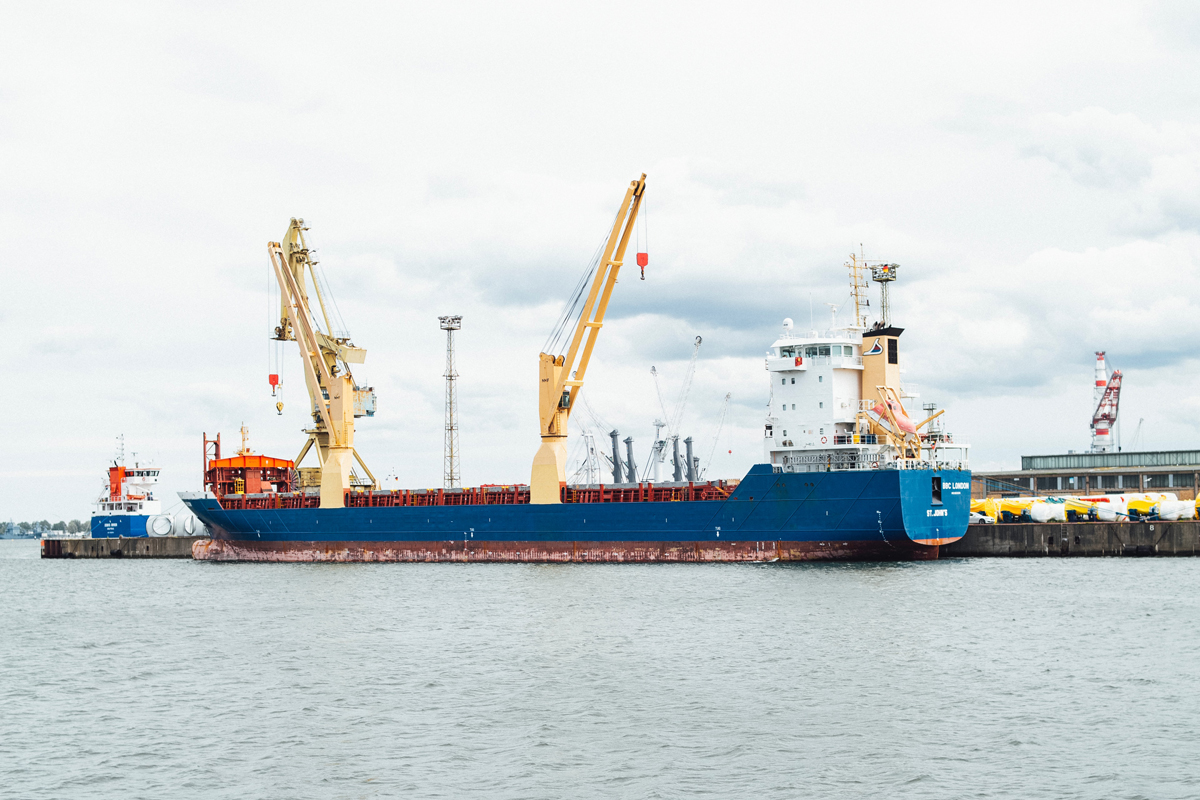ITC To Investigate Section 232, 301 Tariffs At Hearings This Week

The International Trade Commission is holding hearings this week in advance of its investigations of the Section 232 and 301 tariffs. PPAI has joined with more than 170 associations in a letter to the ITC submitting their prehearing statement into the public record of the investigation, noting that the tariffs have negatively impacted the economy and contributed to record inflation.
The Hearings:
The ITC’s hearings for its Factfinding Investigation: Economic Impact of Section 232 and 301 Tariffs on U.S. Industries (Inv. No. 332-591) will be held July 20-22. Approximately 90 witnesses are expected to testify on the impact of the Section 232 and 301 tariffs. The hearings will be livestreamed and the links for each day’s sessions are available here:
The ITC investigation is intended to provide detailed information on U.S. trade, production, and prices in the industries directly and most affected by these tariffs.
The decision on tariff relief remains with the White House. In June, PPAI reported that the Administration is mulling opening the exclusion process for certain consumer products on the Section 301 tariff lists in a move to potentially ease inflation. A tariff relief package reportedly under discussion would affect approximately $10 billion worth of imports of consumer goods. It would also include a new exclusion process and possibly announcement a new 301 investigation of China subsidies.
Today, we sent a letter to #USITC outlining the ways #tariffs burden our economy and limit American businesses' ability to compete. Read our full statement here: https://t.co/JJO8mWCdXh
— Americans For Free Trade (@Americans4Trade) July 8, 2022
The Letter:
The letter to the ITC—drafted by Americans for Free Trade, a broad coalition of organizations representing U.S. businesses, trade organizations and workers united against tariffs, highlights tariffs’ impact on the U.S. economy—highlights tariffs impacts and the group’s expectations that the investigation will reach similar conclusions.
It reads, “Since the tariffs were first imposed nearly four years ago, U.S. Customs and Border Protection has assessed more than $140 billion dollars in tariffs on American companies who import products from China. These taxes create tremendous uncertainty, increase the cost of doing business in the United States, and place a financial burden on American businesses—negatively impacting their ability to invest in their companies, hire more American workers, and remain competitive globally. For many companies, the tariffs are a primary impediment to building or expanding manufacturing facilities in the United States. More recently, American companies have faced increased uncertainty as a result of the COVID-19 pandemic, historic supply chain disruptions, rising energy costs and runaway inflation. This has created increased economic pressure on American companies and families and dampened U.S. competitiveness.
“We continue to call for an end to the China 301 tariffs that have had a disproportionate economic impact on American companies, consumers, and workers and that have failed to change China’s unfair trade practices.”
Background:
In May 2018, the Commerce Department announced that additional tariffs on steel and aluminum would be implemented under its Section 232 investigation. Section 232 of the Trade Expansion Act of 1962 empowers the president to act unilaterally on trade matters in the instance of a national security concern.
The Section 232 tariffs are different from the tariff under the Section 301 investigation, which includes a wide variety of products and product components. The Section 301 tariffs, under the Trade Act of 1974, were issued in 2018 and stem from an investigation of China’s intellectual property policies and practices. In total, four lists of imported products from China were levied with additional tariffs, representing more than $300 billion in goods.

